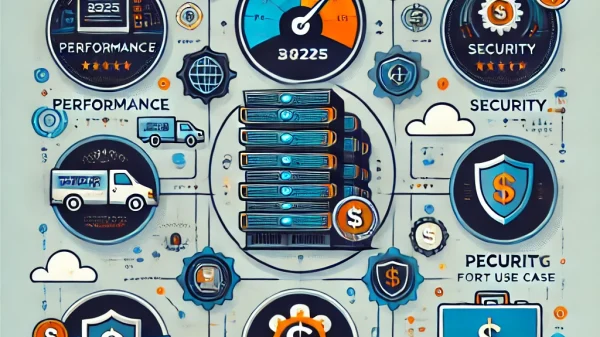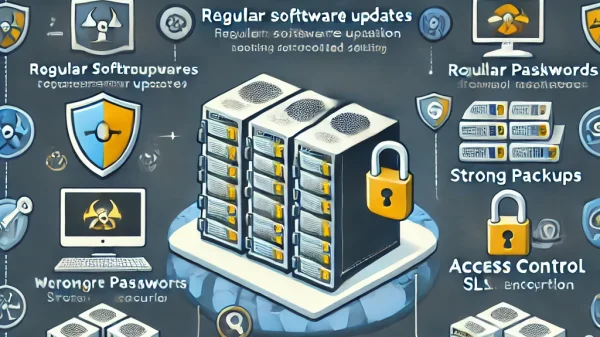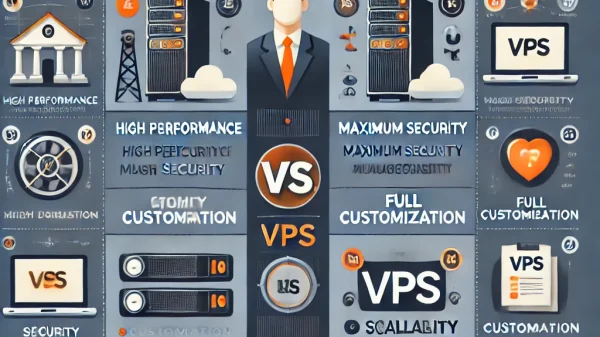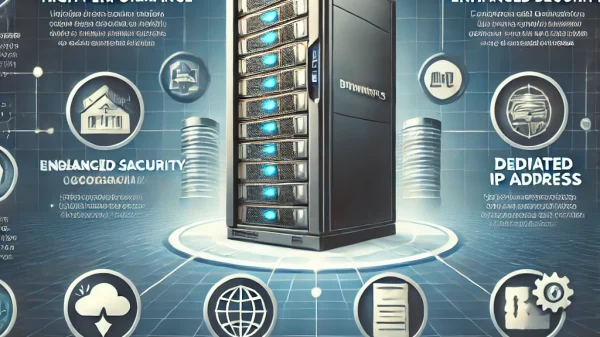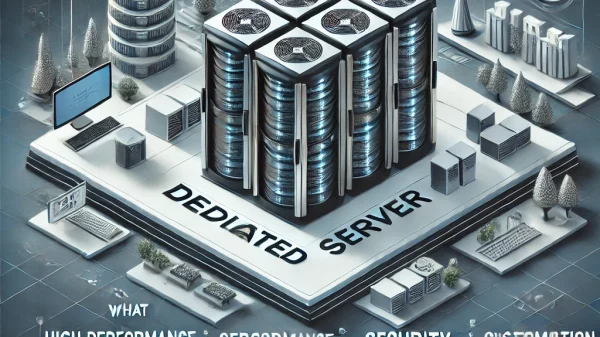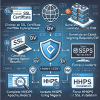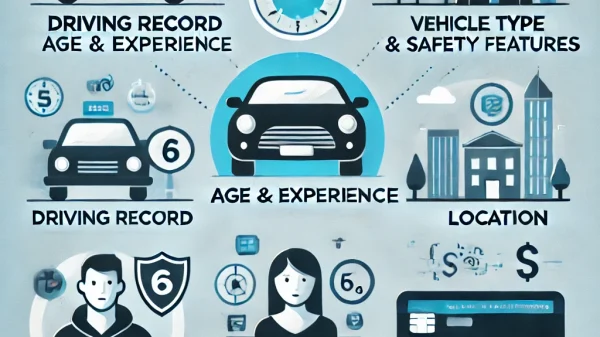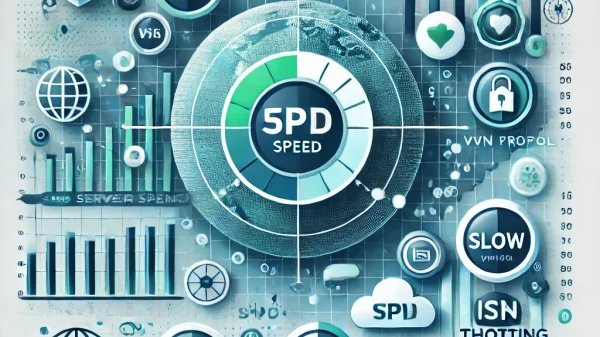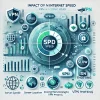Introduction
In an era where digital privacy is constantly under threat, Virtual Private Networks (VPNs) have become essential tools for internet users. With cyber threats, data surveillance, and geo-restrictions on the rise, a VPN provides security, privacy, and unrestricted access to online content. As we step into 2025, the need for VPNs is greater than ever. But what exactly is a VPN, and why should you use one? Let’s explore.
| Feature | Without VPN | With VPN |
|---|---|---|
| Online Privacy | Exposed – Your ISP and websites can track your data | Protected – Your data is encrypted and anonymous |
| Security on Public Wi-Fi | Risky – Hackers can intercept your data | Secure – Encrypted connection prevents data theft |
| Access to Geo-Restricted Content | Limited – Some content is blocked in certain locations | Unlimited – Bypass geo-restrictions easily |
| Protection Against Cyber Threats | Vulnerable – Open to hacking and malware | Safe – VPN blocks malicious attacks |
| ISP Bandwidth Throttling | Possible – Your ISP may slow down your connection | Prevented – A VPN hides your traffic from your ISP |
| Remote Work Security | Risky – Unsecured connections can leak company data | Protected – Ensures safe access to work networks |
What Is a VPN?
A Virtual Private Network (VPN) is a service that encrypts your internet connection and routes it through a secure server. This process hides your IP address and online activities from hackers, government agencies, and even your Internet Service Provider (ISP). Essentially, a VPN acts as a secure tunnel that protects your data and ensures anonymity while browsing the web.
How Does a VPN Work?
When you connect to a VPN, your internet traffic is sent through an encrypted server instead of going directly to the websites you visit. Here’s how it works:
- Encryption: The VPN encrypts your data before sending it over the internet.
- IP Address Masking: Your actual IP address is replaced with the IP of the VPN server, hiding your real location.
- Secure Connection: The VPN creates a secure tunnel between your device and the VPN server, preventing data interception.
Why You Need a VPN in 2025
1. Enhanced Online Privacy
Governments and ISPs track and store your browsing history, online purchases, and even your search queries. A VPN prevents such surveillance by encrypting your data, ensuring your online activities remain private.
2. Protection Against Cyber Threats
Cybercriminals constantly look for ways to exploit user data. A VPN secures your connection, making it difficult for hackers to steal sensitive information, such as passwords and financial details.
3. Bypassing Geo-Restrictions
Many streaming platforms, news websites, and services impose geo-restrictions, limiting access based on location. With a VPN, you can connect to servers worldwide and unlock content that may not be available in your country.
4. Safer Public Wi-Fi Usage
Public Wi-Fi networks in cafes, airports, and hotels are often unsecured, making them prime targets for hackers. A VPN encrypts your connection, preventing unauthorized access to your data when using public Wi-Fi.
5. Avoiding Bandwidth Throttling
ISPs sometimes slow down internet speeds based on your online activities, such as streaming or gaming. A VPN hides your traffic from your ISP, preventing throttling and ensuring a smooth online experience.
6. Securing Remote Work Connections
With more people working remotely, VPNs have become essential for secure access to company networks and sensitive data. They provide an extra layer of security, ensuring that business communications remain private.
7. Preventing Targeted Ads and Tracking
Websites and advertisers track your online behavior to serve personalized ads. A VPN blocks trackers and cookies, reducing unwanted ads and protecting your online identity.
Choosing the Right VPN in 2025
With numerous VPN providers available, it’s important to choose one that suits your needs. Here are some key features to look for:
- Strong Encryption: Opt for a VPN with AES-256 encryption for maximum security.
- No-Log Policy: Ensure the VPN provider does not store logs of your online activities.
- High-Speed Servers: A good VPN should offer fast and reliable connections.
- Multiple Server Locations: More server options mean better access to global content.
- Device Compatibility: Choose a VPN that works on multiple devices, including PCs, smartphones, and tablets.
Conclusion
In 2025, online privacy and security are more important than ever. Whether you want to protect your personal data, bypass geo-restrictions, or enjoy a secure internet connection, a VPN is a powerful tool that ensures a safer and more private browsing experience. Investing in a reliable VPN is a small price to pay for peace of mind in the digital world.

